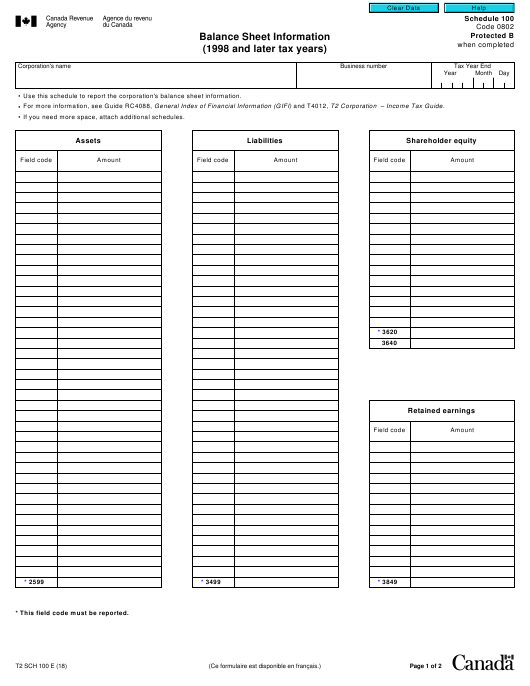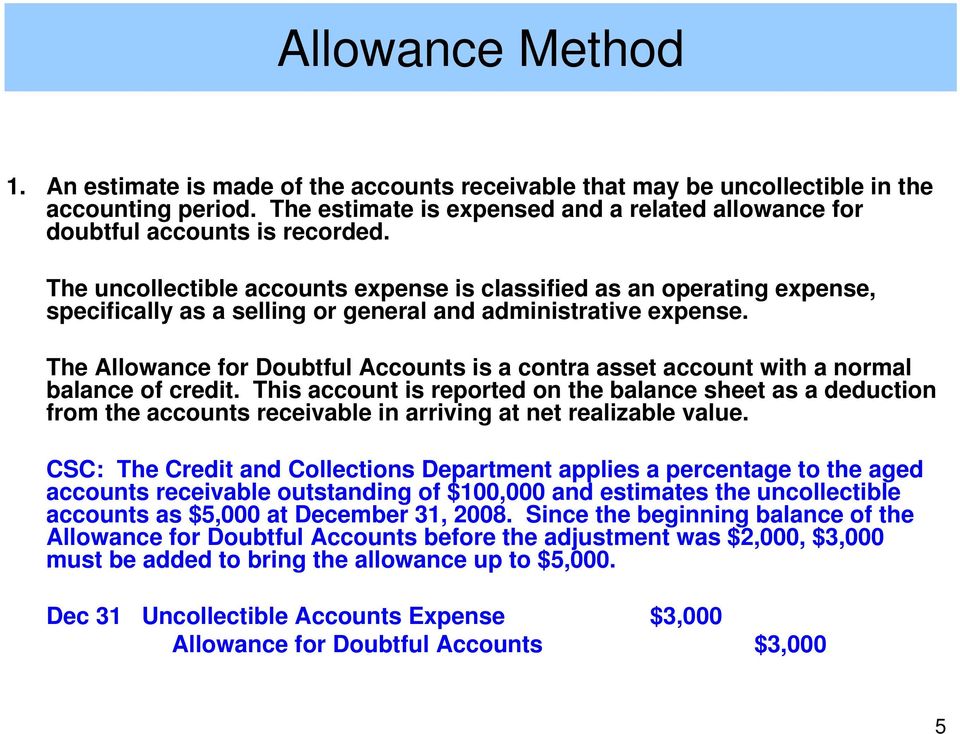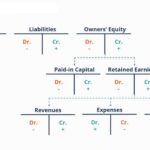
Most small businesses prefer cloud-based software as it is more affordable, easier to use, and keeps up with our society’s mobile lifestyle. However, locally-installed software can be more secure and offers a level of feature depth that the cloud often can’t touch. Pricing varies based on the number of users and the level of customer support you need, and if you need to add QuickBooks Desktop Payroll. On average, small business owners spend less than 30 minutes getting started in QuickBooks2. QuickBooks also offers unlimited support and access to free training, tutorials, and webinars. This includes the availability of integrations for payroll, time tracking, and receiving e-payments.
QuickBooks Online is more collaborative, whereas QuickBooks Desktop provides more tools for solo users
Best for small to medium-sized businesses looking for locally-installed software compatible with Macs. Best for freelancers, contractors, and other self-employed individuals in need of basic bookkeeping and https://www.accountingcoaching.online/what-is-the-difference-between-retained-earnings/ tax support. In this section, we’ll overview the six versions of QuickBooks, giving the pros and cons of each. With Essentials, you can track your unpaid bills easily and pay them directly within QuickBooks.

Should I switch from QuickBooks Online to QuickBooks Desktop?
Perhaps the biggest area where QuickBooks Desktop falls short is that its Pro and Premier versions will soon be discontinued for new users. While QuickBooks Enterprise will still be an option, this is powerful software with an expensive price tag that will be too much (in terms of features and pricing) for most small businesses. You can upgrade to any version of QuickBooks Desktop as your needs change. However, converting your data from one desktop solution to another can be a complex process. Small to midsize businesses that want a desktop solution or need advanced inventory and industry-specific features.

Industry-Specific Features
You can (almost) always trust your local access, and QuickBooks Desktop reinforces that by keeping your accounting data on your local drive or network. QuickBooks Desktop is a better fit for businesses that prefer to store their data locally and are less dependent on real-time updates or extensive collaboration. As I was testing them out, I found QuickBooks Online a lot sleeker, more modern, and easier to navigate than QuickBooks Desktop. Every step was prefaced with a tutorial, guiding me in setting up my company’s profile by prompting me to provide specific information. I’ve deduced that it comes down to a stubborn user base—one that refuses to let go of QuickBooks Desktop in favor of its cloud-based successor.
QuickBooks Online Plans Comparison Quiz
There is workflow automation, data restoration, batch invoices and expenses and on-demand training. This plan also gives you a dedicated account team https://www.quick-bookkeeping.net/ to help with training, troubleshooting and setup. With QuickBooks Desktop, users receive some of the most developed accounting tools on the market.
One is sleek and modern, and the other seems to have been designed for a cubicle. Another cumbersome feature that users don’t like is the requirement that clients ending fund balance-how much is enough must establish their own accounts to pay an invoice. Other popular merchant processors don’t require this, making collecting payments more difficult.

It’s wise to look at a software company’s whole ecosystem of products before adopting a solution from it. It’s often beneficial to use multiple products from one company, because they all work together, so be strategic about the system you adopt. QBO is also more expensive, ranging from $12.50 to $90 per month for the Advanced plan. Think about the specific features you want in your software and which are most important to your business’s success.
- But it requires manual updates and backups and lacks real-time collaboration.
- A Live Bookkeeper cannot begin cleaning up your past books until they receive the required supporting documentation, which your bookkeeper will request from you after your first meeting.
- However, the QuickBooks Desktop licenses have been discontinued, and users have to buy a yearly subscription now instead.
- This requires the software to allow users transitioning from other bookkeeping software to import their chart of accounts (COA), vendors, customers, service items, and inventory items.
- Sage 50 Accounting, unlike some of its competitors, offers inventory management and job costing features at all plan levels.
- QuickBooks Online is one of the best accounting products for small businesses.
QuickBooks Online and QuickBooks Self-Employed are the best for businesses wanting cloud-based software with mobile apps. QuickBooks Self-Employed is specifically for freelancers, while QuickBooks Online is a good fit for nearly any size business. QuickBooks Desktop Enterprise has the same great accounting capabilities as Pro and Premier but allows access for up to 40 users and much more storage space. With six industry-specific versions, QuickBooks Enterprise has highly developed features to meet the needs of nearly any large business.

Those who want to take their accounting on the go will appreciate the mobile app. It brings most of the features of the online platform, plus it enables mileage tracking and receipt capture for quick and convenient recordkeeping. QuickBooks Online offers over 80 reports depending on your plan, whereas QuickBooks Desktop Pro has over 130 reports. QuickBooks Desktop Premier and Quickbooks Desktop Enterprise have even more reports (especially if you opt for the industry-specific versions of these programs). Four pricing plans for QuickBooks Online are available, ranging from $30 to $200/month (with an additional $45+/month for payroll).
Its invoices aren’t very customizable, and you can’t use any versions of QuickBooks to interact with customers the same way you can with FreshBooks’ or Zoho Books’ client portals. QuickBooks is the #1 accounting for small businesses.4 It offers the most comprehensive feature set that enables small business owners to manage more of their business. From automating accounting work and preparing for tax time, proactively manage cash flow, QuickBooks can do it all.
Phone and chat support, plus a dedicated account representative in all plans. Stay in touch with clients through the FreshBooks mobile app and get notified when invoices have been viewed or become overdue. Add accounting widgets to your phone’s home screen; track time using your Apple Watch. Karrin Sehmbi is a lead content management specialist on the small-business team. She has more than a decade of editorial experience in the fields of educational publishing, content marketing and medical news.
You can download the QuickBooks Online mobile app from the Google Play Store or Apple App Store. QuickBooks Online mobile access is included with your QuickBooks Online subscription at no additional cost. Intuit, the company that owns QuickBooks, sells lots of software and apps.
